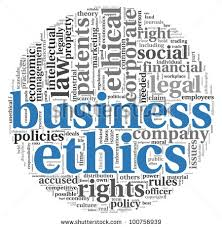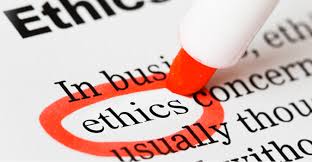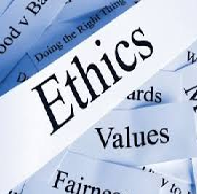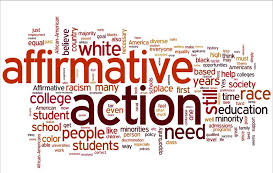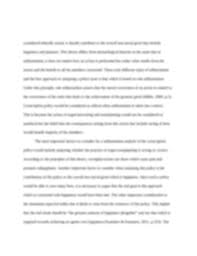
Business ethics and social responsibility
Read all of the following nine questions in Parts A, B, and C before beginning this project. Use the questions to reflect on the activities you completed in Modules 1 to 4.
Write a paper addressing the following questions and reflections. The paper should be no more than 20 pages double-spaced (approximately 5,000 words) and should include examples from your journalling activities.
Part A: Stakeholders and Interrelationships
Describe how the activities influenced your awareness and understanding of the interrelationship between business and society. Use examples from your activities in each of the modules to support this answer. (10 marks)
Using examples from your activities, describe the challenges of dealing with the conflicts and/or confluence of stakeholder needs, wants, expectations, and perspectives. Identify whose perspective you are representing in each of your examples. List examples of some of the ramifications of ignoring or improperly addressing stakeholder interests. (10 marks)
Comment on how the use of “circles of reflection” can affect your perspective of an issue or situation. Cite examples from your activities to demonstrate how use of the circles of reflection affected your analysis. (5 marks)
Part B: Forces and Influences
Comment on how ethics and social responsibility relate to some of the internal and external forces in business and society that we discussed in this course. Review activities in Modules 3 and 4, as well as Module 2, for examples. (10 marks)
Describe how the readings and journalling activities influenced your views on workplace ethics and corporate social responsibility. Did you have a shift in your perspective? Do you consider ethics and/or corporate social responsibility to be important to business and society today? Explain your answer, and use examples from the activities. (10 marks)
Comment on the interrelationship between external forces such as globalization, economics, technology, and the environment, and internal influences on business and society including governance and corporate citizenship (CSR), consumer protection, employee rights and responsibilities, and workplace diversity. Remember to support your argument with multiple examples such as sample journal entries, and readings. (20 marks)
Is the government an external force, an internal force, a stakeholder, or all of the above? Using examples from your activities, comment on the government’s role in business and society. (5 marks)
Part C: Final Reflection
Comment on how journalling activities helped you recognize the real or potential impact of stakeholder biases as well as your own biases. How do biases or differing perspectives influence the media, public opinion, and decision-making in business and society? Use examples from your activities to support your commentary. (15 marks)
We can write this or a similar paper for you! Simply fill the order form!





